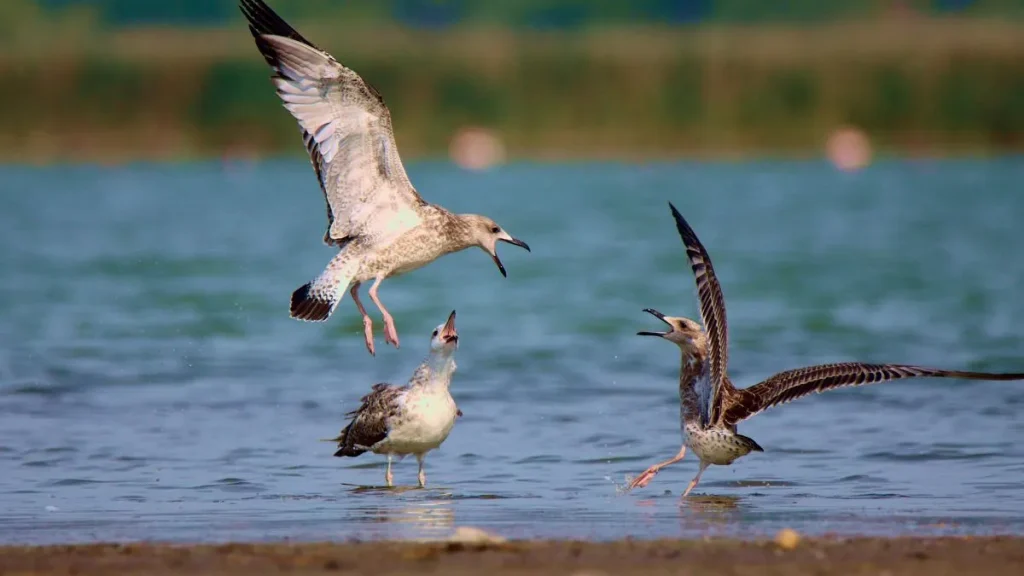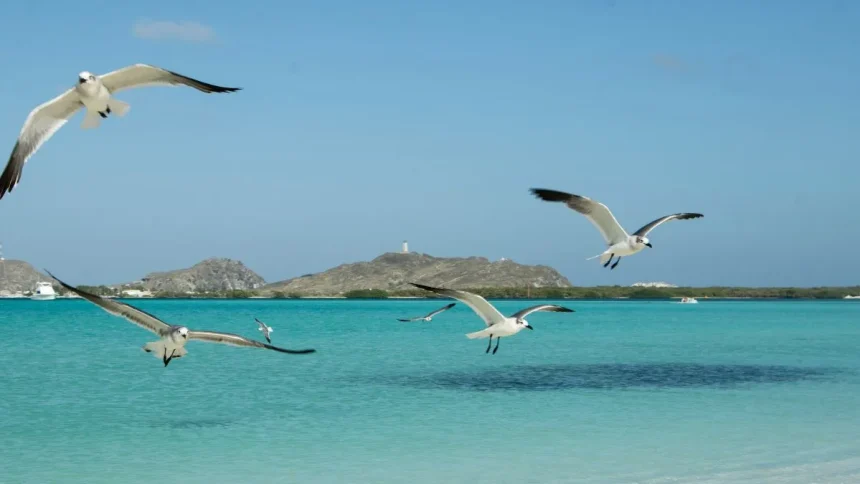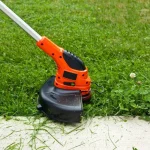When I was a young captain sailing the vast seas, I had a crew member with a unique talent. He was a former fisherman who could predict the weather by watching birds. More often than not, he was right.
The Old Fisherman’s Wisdom
My crew member, let’s call him Jack, trusted birds more than any marine weather forecast. Jack would look at the sky, watch the birds, and tell us what to expect. His predictions were usually spot-on, much to the astonishment of everyone onboard.
White Birds and Good Weather
Jack taught me that white birds signal good weather. These birds, like seagulls and terns, fly high and far when the weather is calm. Their presence brought a sense of peace to our journeys. Whenever we saw white birds, we knew we were in for smooth sailing.
Grey Birds and Stormy Seas
But when grey birds appeared, it was a different story. Storm petrels and similar birds, often grey or dark, foretold bad weather. These birds thrive in stormy conditions. Their arrival was a warning. We would brace ourselves for rough seas and strong winds.
A Mix of White and Grey Birds
Sometimes, we saw both white and grey birds together. This mix indicated a transition. The weather was changing, but not immediately threatening. It was a sign to stay alert but not to panic.
The Science Behind the Wisdom

Jack’s predictions were not just old wives’ tales. There is scientific backing to this wisdom. Birds are sensitive to atmospheric pressure changes. They can sense approaching storms and high winds. Their behavior reflects these changes, making them reliable weather indicators.
The Trust in Natural Signs
Jack’s reliance on birds was part of a broader trust in natural signs. Mariners and fishermen have used such signs for centuries. Before modern technology, these observations were crucial for survival at sea.
Birds vs. Modern Meteorology
Modern marine meteorologists use advanced technology to predict weather. Satellite images, radar, and computer models provide detailed forecasts. But even with this technology, Jack’s bird-based predictions were often just as accurate.
Why Birds Are Better Meteorologists
Why were birds sometimes better meteorologists? Birds live in and interact with their environment. They respond to immediate changes in weather conditions. Modern forecasts, while advanced, rely on data and models that sometimes miss subtle, local changes.
A Captain’s Reliance on Birds
As a captain, I learned to trust Jack’s bird-watching skills. His predictions were not just about weather. They were about understanding and respecting nature. This respect for nature is something all sailors share.
The Emotional Connection
There was an emotional connection to this practice. Seeing a white bird meant safety and calm. A grey bird brought a sense of urgency and caution. These birds became part of our crew, guiding us through our voyages.
Preserving Ancient Wisdom
In today’s world, where technology dominates, it’s easy to forget these ancient practices. But they hold value. Jack’s wisdom, passed down through generations, connected us to a time when humans lived in harmony with nature.
Learning from Jack
I learned a lot from Jack. His ability to predict weather using birds was fascinating. It reminded me of the importance of observation and intuition. These skills, though ancient, are still relevant.
A Modern Sailor’s Perspective
As modern sailors, we have the best of both worlds. We have advanced technology and the wisdom of ancient practices. Using both makes us better navigators.
Embracing Both Worlds
We should embrace both technology and traditional wisdom. They complement each other. Technology provides data and precision. Traditional wisdom offers intuition and understanding of natural patterns.
The Legacy of Bird-Watching
Jack’s legacy lives on. His bird-watching skills are a reminder of the richness of traditional knowledge. They teach us to look beyond technology and trust our instincts.
Final Thoughts
Birds as weather predictors might seem old-fashioned. But they hold valuable lessons. Jack, with his keen eye for birds, showed us that sometimes, nature knows best. His predictions, guided by the movements of birds, were a testament to the deep connection between humans and the natural world.
Next time you’re at sea or even on land, take a moment to watch the birds. They might tell you something about the weather. And remember Jack, the fisherman who trusted birds more than forecasts, and was mostly right. His story is a beautiful blend of nature’s wisdom and human intuition.
More Updates: https://www.timelinetale.com/







